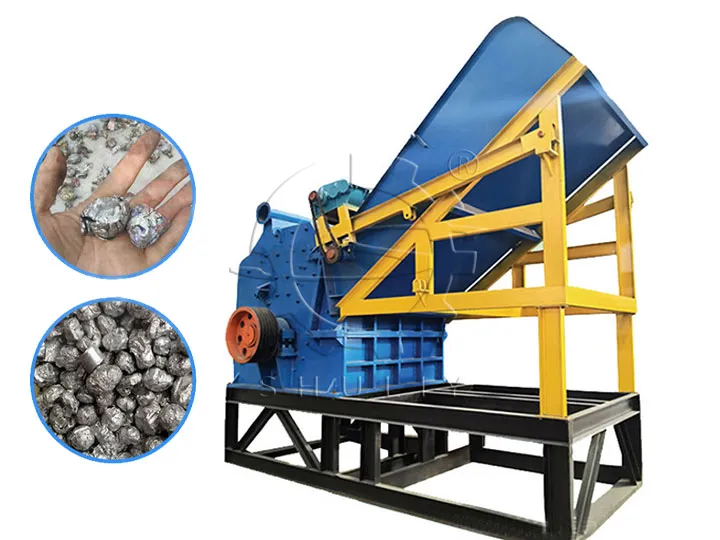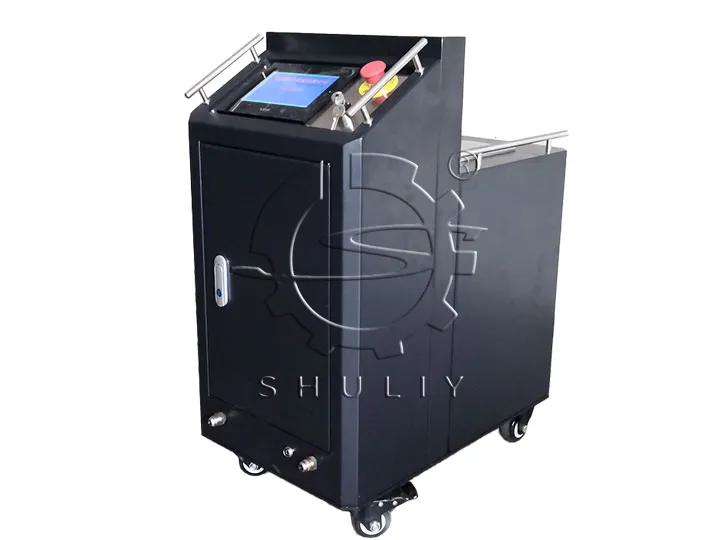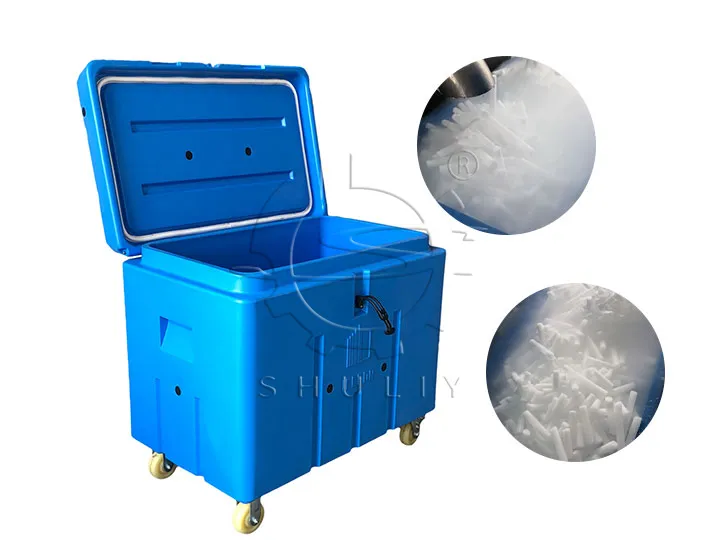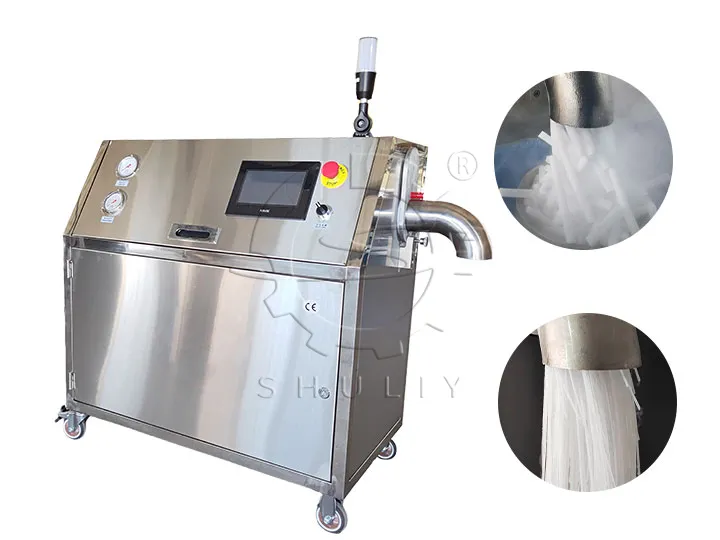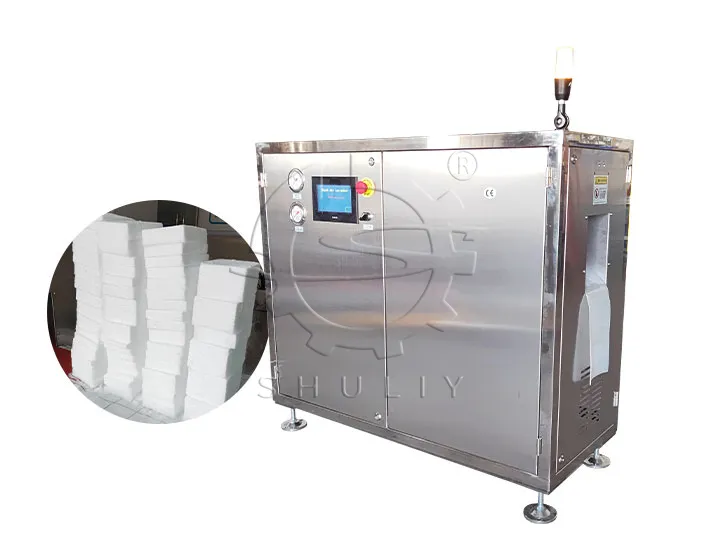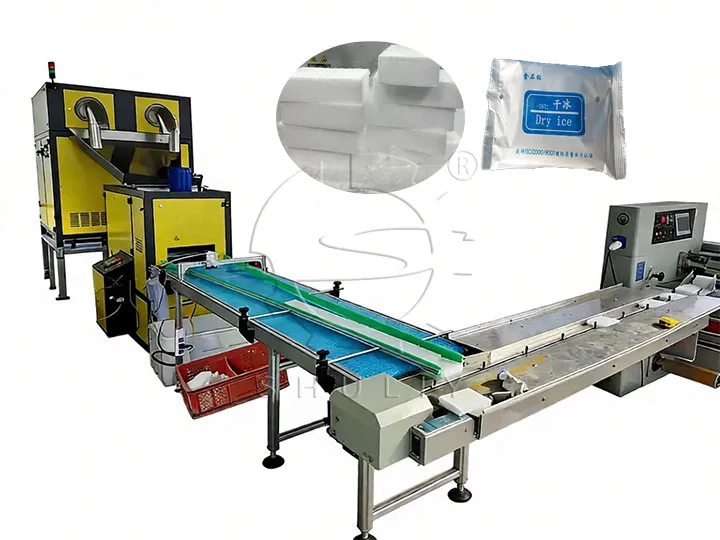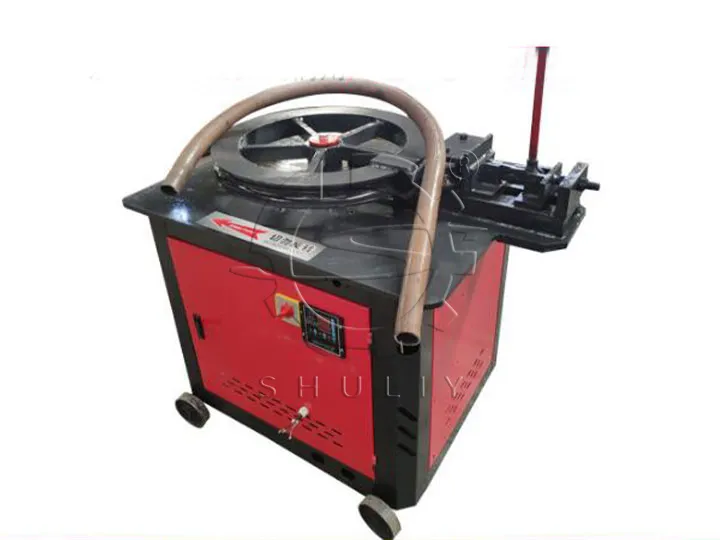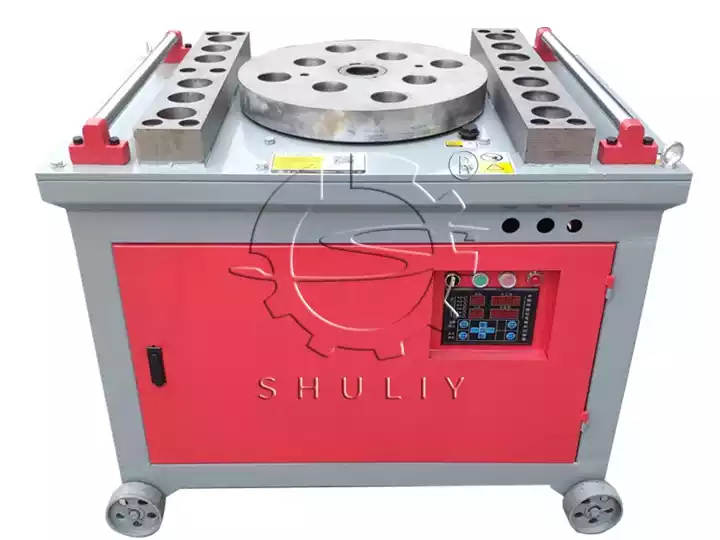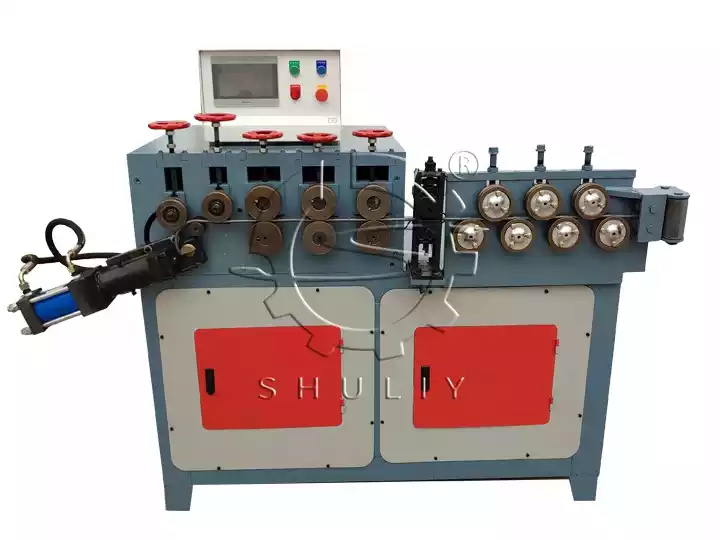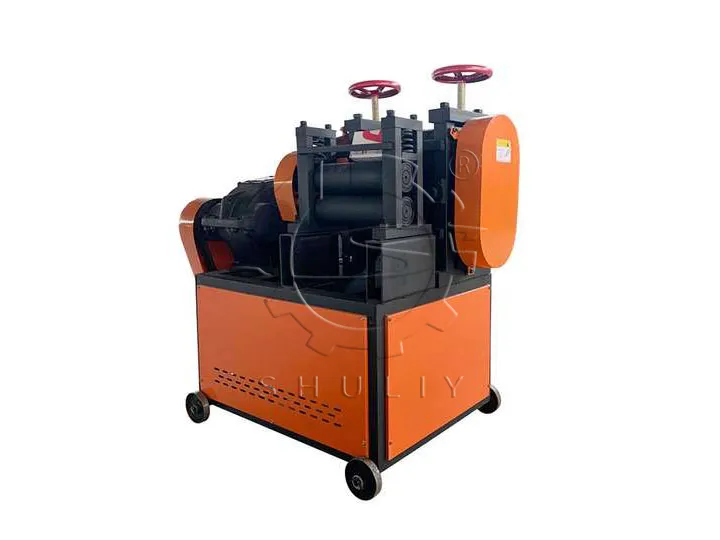In modern industry, plastic films are widely used for a variety of applications including packaging, protection, and transportation. As the use of plastics increases, many companies generate large amounts of in-house plastic film waste.
These wastes, if not recycled on time, not only waste resources but also increase disposal costs. With the right recycling methods, companies can turn these plastic wastes into renewable resources that can be put back into production, saving costs and protecting the environment.
What Is In-House Plastic Film?
In-house plastic film is also known as post-industrial plastic film. In-house plastic film refers to waste plastic film generated during the manufacturing process, often from product packaging, processing trimmings, or substandard products from the production line.
Unlike externally recycled plastics, post-industrial film waste is usually relatively clean and free of excessive impurities. As such, it has a high recycling potential and can be processed directly through appropriate recycling equipment and reapplied to the production process.
Choosing The Right Recycling Machine: Pelletizers
To effectively recycle in-house film waste, choosing the right recycling equipment is crucial. Pelletizer machines are ideal for converting waste plastic film into reusable plastic granules through the processes of feeding, heating, plasticizing, and extruding. These pellets can not only be used for the company’s production but can also be sold for additional revenue.
When choosing a plastic granule making machine, companies should consider the following points:
- Processing capacity: according to the amount of plastic film waste produced by the enterprise every day, choose the suitable processing capacity.
- Plastic type compatibility: Ensure that the plastic pellet extruder can handle the type of plastics used by the business, common plastic film materials include LDPE, LLDPE, PP, and more.
- Ease of operation: Choosing equipment that is easy to operate and maintain reduces labor costs and increases productivity.
- Customized Functions: According to the actual demand, some enterprises may need to customize certain functions of the granulator to adapt to the specific production environment and processing requirements.
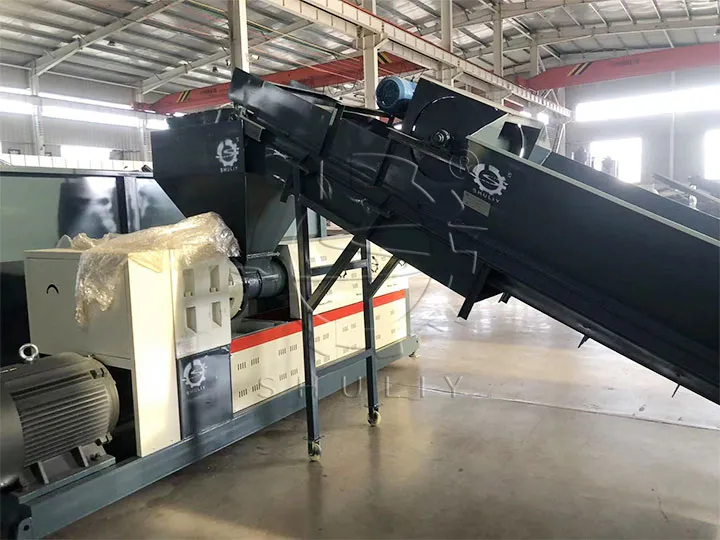
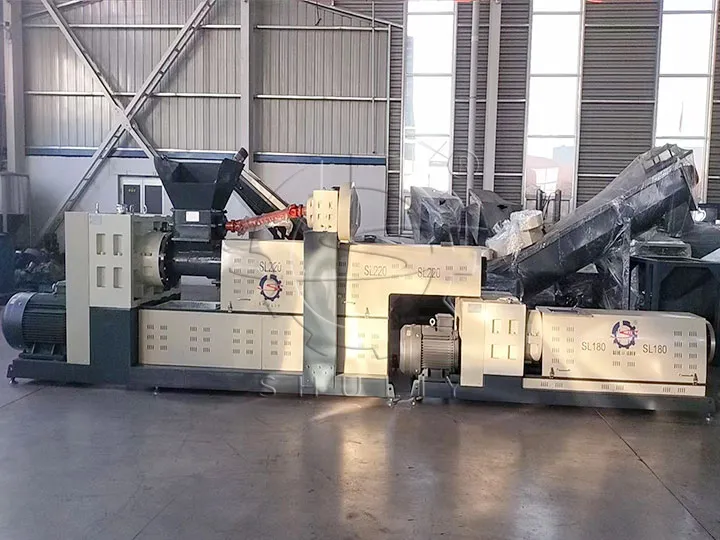
Advantages of Pelletizing In-House Plastic Film
Cost reduction: By pelletizing the post-industrial film waste, the company can reduce the need for new raw materials, thus reducing production costs.
Waste Reduction: The reuse of waste plastic film not only reduces waste but also optimizes a company’s resource management and improves overall productivity.
Controlled quality: in-house plastic film is relatively clean, so the quality of recycled plastic pellets is stable and controllable to meet the production needs of enterprises.
Improved market competitiveness: By recycling plastic films internally, companies can further optimize their production processes and reduce their dependence on external supply chains, thereby gaining a greater competitive advantage in the marketplace.

